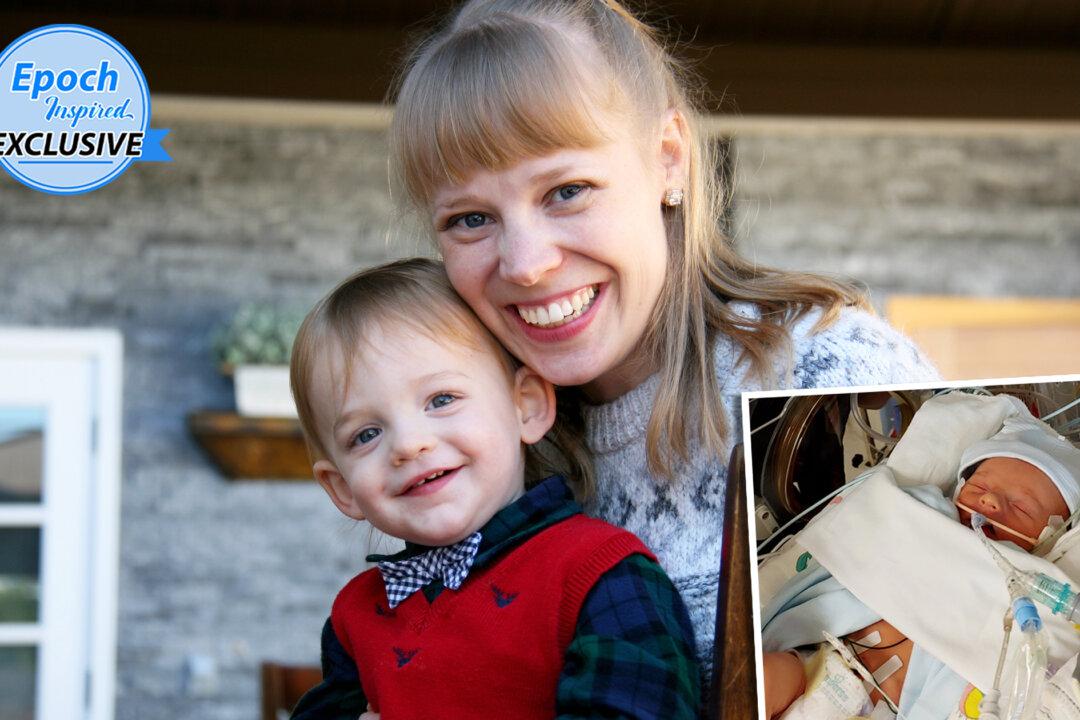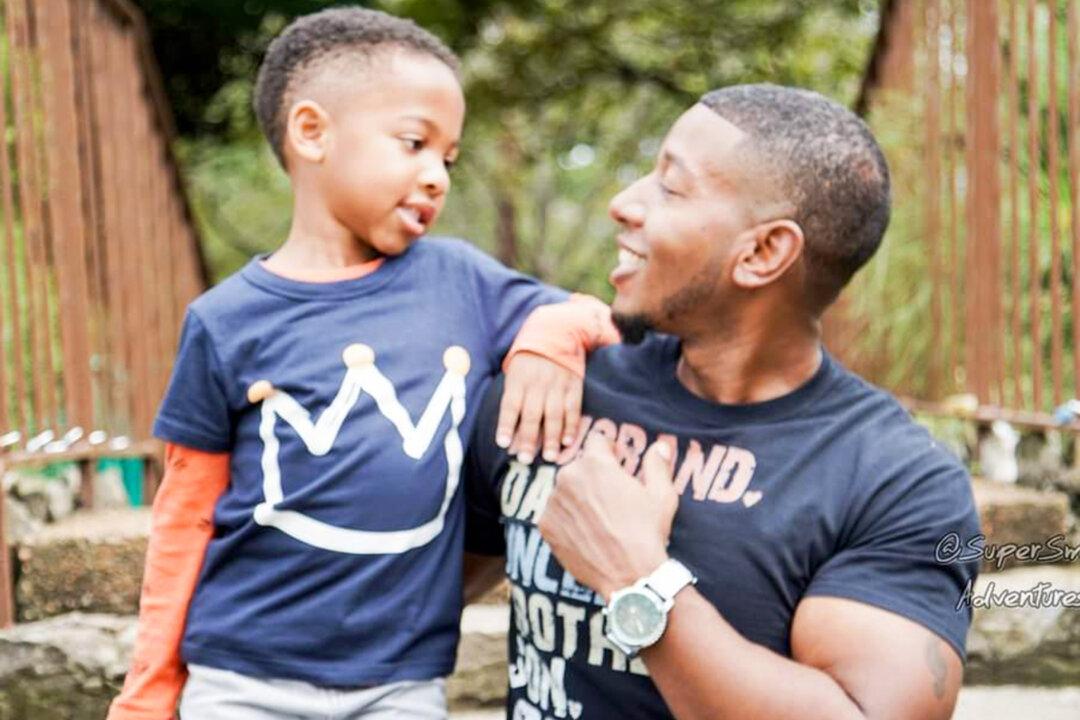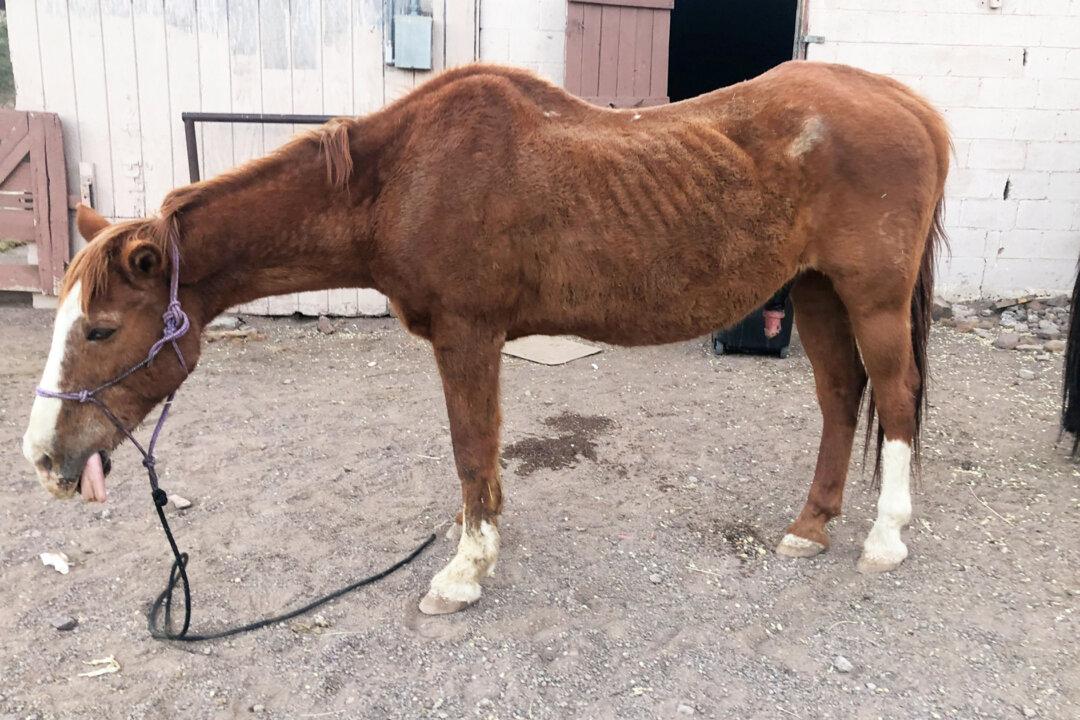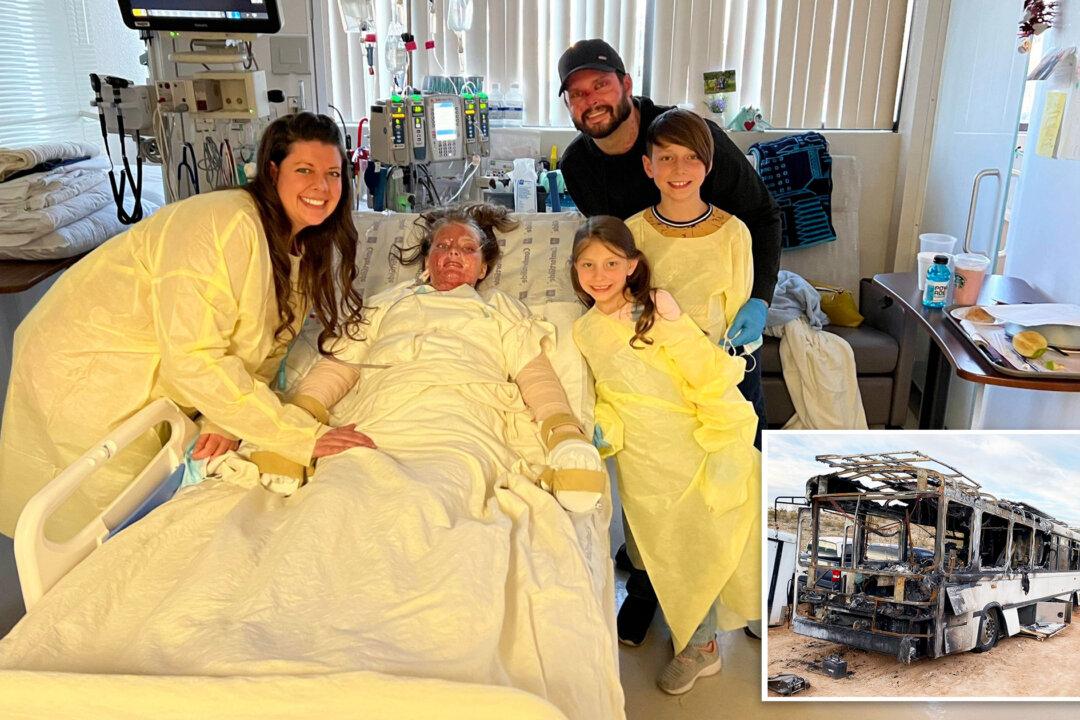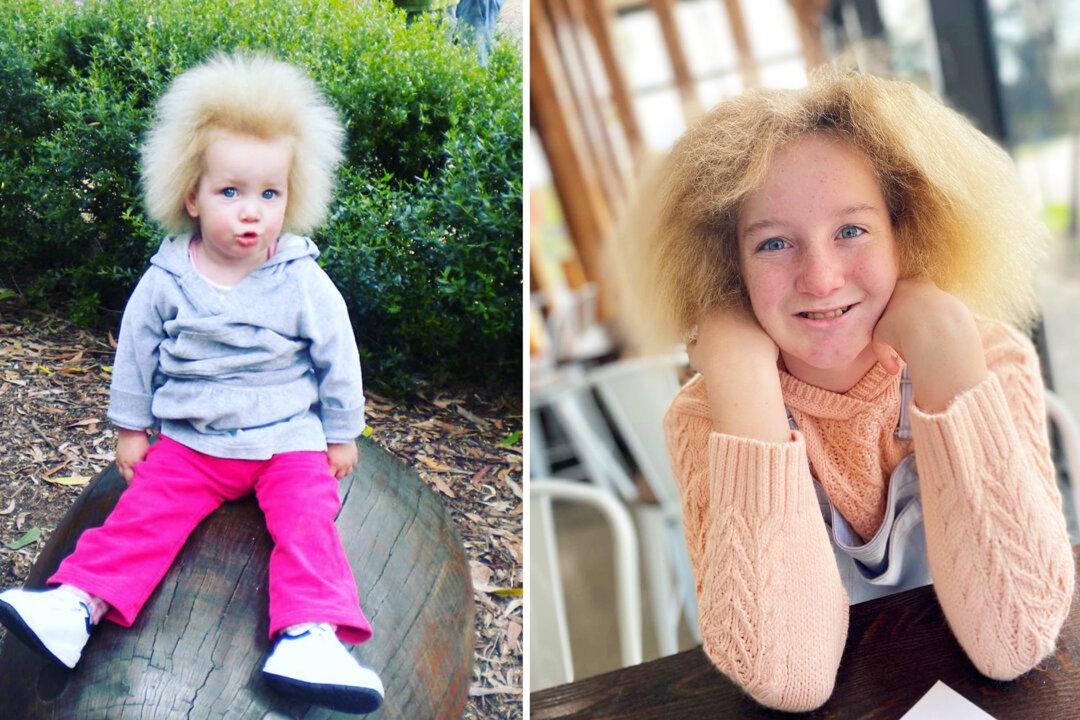Two parents from Chatsworth, California, found themselves at a fork in the road when at 21 weeks into the pregnancy they were told that their baby had a congenital diaphragmatic hernia (CDH), a genetic defect that leaves a hole in the diaphragm between the chest and abdominal cavity.
What looked like a dead end was, for parents Caleb and Abigail Ostrom, merely an opportunity to trust God. When their perinatologist offered them the option of aborting their son, their response was, “God gave us this baby, and we want him no matter what.”

